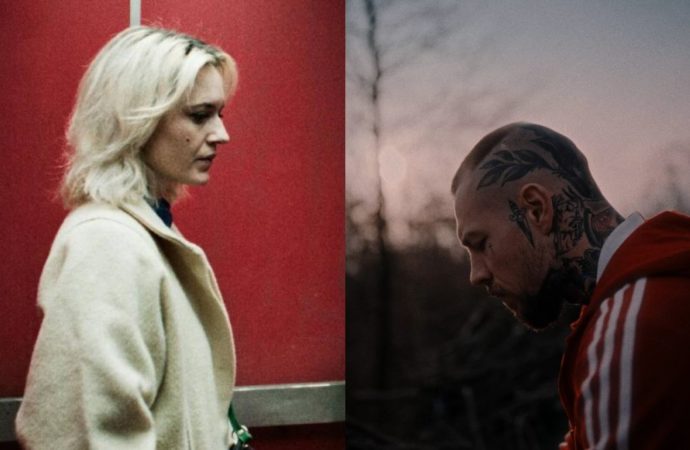IFF ArtFilm Kosice, at its 31st edition, is the oldest film festival in Slovakia. Set in the picturesque city of Kosice, it radiates summer vibes and a laid-back atmosphere, pampering visitors with a selection of cinema theatres spread around the city within walking distance, a variety of cosy cafes, and great weather. It is a perfect place to enjoy good films combined with the relaxed vibe of the city. Yet for me, the experience of being a juror at this festival turned out to be a challenge and raised some fundamental existential questions.
Originally from Eastern Europe-Ukraine, over the years, I lost connection with the region and focused my professional gaze on more distant parts of the world and their cinematic endeavours. Upon being invited to join the Central and Eastern competition jury, I asked myself: after all, why was it so? Soon after the start of the screenings, the answer became clear.
Eastern Europe is a region with a complex and troubled history that is currently being revisited and reshaped, at times, at the cost of human lives. My generation was born in one world, grew up in another, and is currently facing yet one more global change with a major shift of values and beliefs, followed by deep economic crises and environmental disasters. Whatever was dear to us and shaped our world is no longer there: it concerns tangible and intangible assets likewise. When I think of home, I can only vaguely recognize places and people I once knew so well. As my life continues in the European Union, fulfilled, the past version of me, the alternative life I could have been living now “if not,” falls into decay.
In the same manner, the characters of two competition films, Perla (Perla by Alexandra Makarová, 2025, Slovakia) and Koko (Windless by Pavel G. Vesnakov, 2024, Bulgaria) have their lives figured out in Central and Western Europe. They return home briefly, driven by the excuse of family business, and get trapped in the vortex of nostalgia, repulsion, regrets, and the echo of unfulfilled lives that were taken away from them by circumstances. Both foreign bodies in once native environments, they cope with practical obstacles while trying to figure out their attitudes to unnatural situations.
Koko (Ognyan Pavlov) returns home from Spain to sell the apartment after the death of his father. He looks alien in a small Bulgarian city, yet he agrees to get involved in a gig with an old friend: as their house gets demolished, they empty apartments and meet ghost-like people who refuse or cannot adapt to a new reality. Now, Koko must physically destroy memories: old pictures burn together with household items that were once stored with love, in the hope that future generations can use them one day. At the same time, the neighboring cemetery is also moved to free up space for the golf field, and the bones of ancestors are stuffed in plastic bags—the ultimate evidence of oblivion, and perhaps, the only event that throws Koko out of his distant demeanor.
In another country and time, Perla (Rebeka Poláková), a successful artist based in Vienna, finds her life turned upside down when her estranged partner reappears after prison, prompting a perilous journey back to Czechoslovakia. Much like Koko, she does not belong to her past anymore, yet memories of human connections drive her back in an almost suicidal manner. Risking not only her career, marriage, and relationship with her daughter but also her life, Perla surrenders to an elusive past, testing more and more vigorously how far she can go beyond the point of no return. She gets involved with her ex-partner, who disregards the new personality she developed over the years; she tries to reconnect with her best friend, whom she has nothing in common with anymore; she visits old places and finally comes for the ashes of her parents—all far too late, all to no avail. She is a different woman now, and the places and people she chases do not exist anymore.
Both films, on top of being very well made, resonated with me on a deep emotional level. When I imagine myself returning home, the pictures in my head are not much more optimistic than the experience of both characters, and the eerie resemblances of plots (my parent’s house is now also in danger of being demolished) only prove that for those who left, there is a physical point of no return.
For everyone who wants to understand the silent grief of Eastern Europeans who build a life from scratch abroad, Perla and Windless are must-watch.









No one has posted any comments yet. Be the first person!